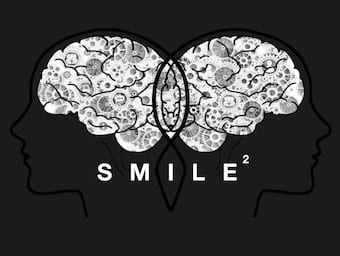
Facial twitches DDx
Recurrent facial twitches are most commonly due to hemifacial spasm, but this needs to be distinguished from other causes.

Recurrent facial twitches are most commonly due to hemifacial spasm, but this needs to be distinguished from other causes.

Parkinsonism is a combination of resting tremor, rigidity, bradykinesia, and loss of postural reflexes. Parkinson disease (PD) is the most common form, but must be distinguished from its imitators.

Daily fluid balance is the daily sum of all intakes and outputs, and the cumulative fluid balance is the sum total of fluid accumulation over a set period of time. The harmful effects of positive fluid balance and the importance of deresuscitation

Pierre Eugène Ménétrier (1859 – 1935) was a French surgeon, oncologist and pathologist. Eponymously affiliated with Maladie de Ménétrier (1888)

Abdominal distension is diffuse swelling or enlargement of the abdomen. It can also apply to the sensation of elevated abdominal pressure and volume.

Acanthosis nigricans are black brown velvety elevations of the epidermis. Differential diagnosis

Alcohol Withdrawal: common and can be fatal; manifests within 48 hours of stopping drinking

Coming to terms with depression and mental health issues in the world of medicine

Ventilator Waveform Analysis

High Frequency Oscillation Ventilation (HFOV) is an unconventional form of mechanical ventilation that maintains lung recruitment, avoids overdistention, and does not rely on bulk flow for oxygenation and ventilation

Chemical restraint or emergency sedation is used for management of acute behavioral emergencies. A drug is considered a restraint when it is used as a restriction to manage the patient's behavior or restrict the patient's freedom of movement and is not a standard treatment or dosage for the patient's condition.

Reviewed and revised 5 August 2015 OVERVIEW Haemostatic resuscitation is a key component of damage control resuscitation and forms the basis of most massive transfusion protocols involves resuscitation with blood components resembling whole blood aims to avoid or ameliorate acute coagulopathy…